Celebrating diversity at UNSW
This week's Diversity Fest at UNSW celebrates the diverse cohort of student athletes
This week's Diversity Fest at UNSW celebrates the diverse cohort of student athletes
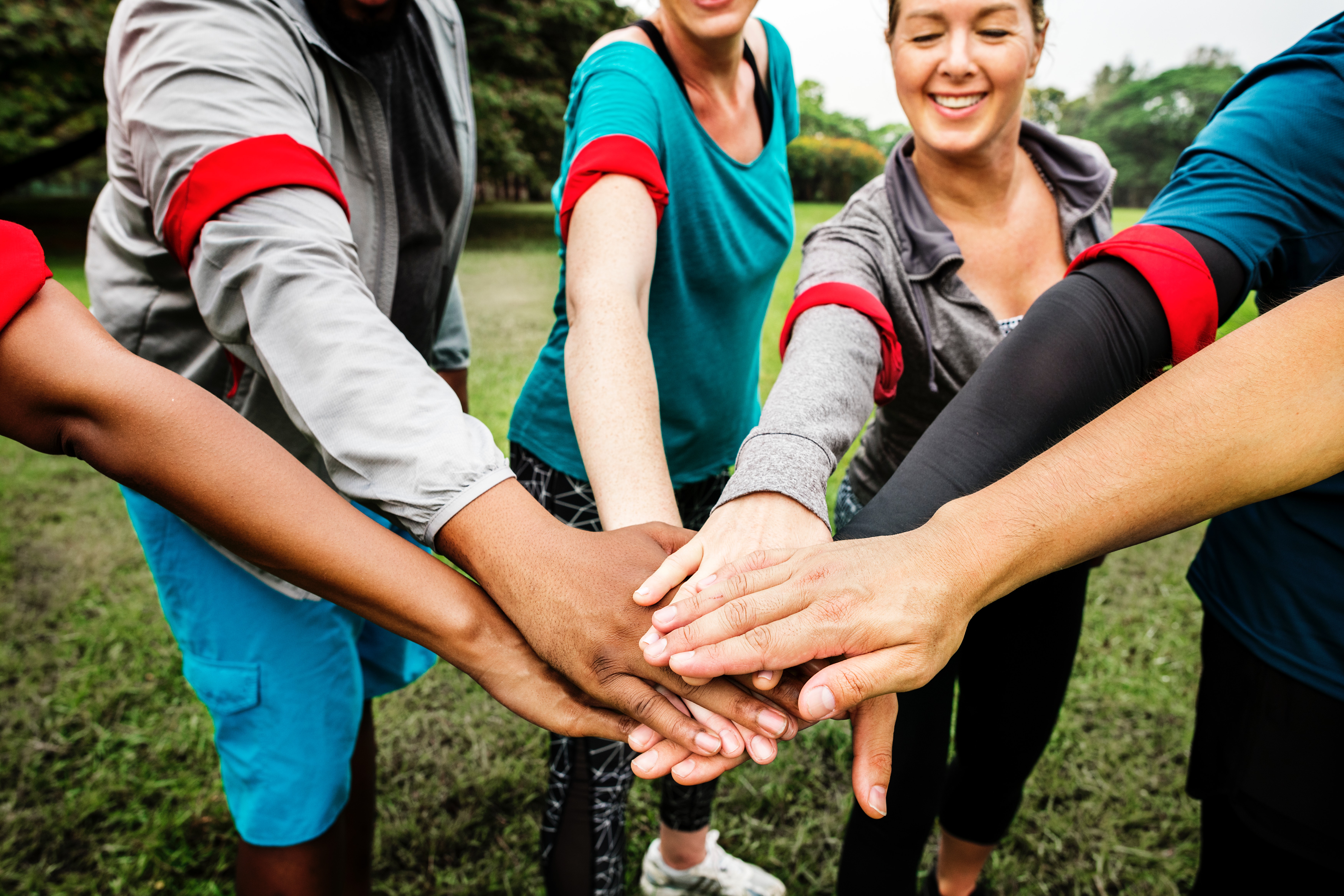
This week is the Division of Equity, Diversity and Inclusion's Diversity Fest at UNSW and to mark the occasion, we're celebrating our diverse cohort of student athletes, past and present. From Paralympians to stars of the football codes, these athletes have shaped UNSW's sporting community and been incredible leaders in their communities.
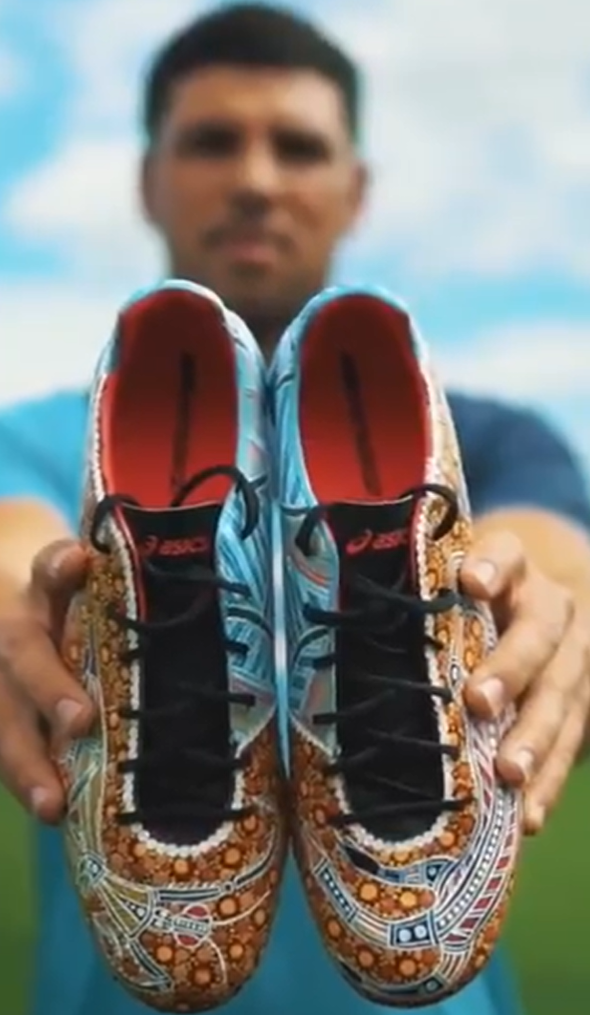
Ben Lexcen scholar and 2019 UNSW Indigenous Athlete of the Year Triston Reilly is one of the University’s hardest working athletes. As well as training with the NSW Waratahs extended squad for the Super Rugby, he is one of community partner Randwick Rugby’s biggest names, playing a huge role in their success in first grade this season. Triston is studying a Bachelor of Arts at UNSW, managing to achieve excellent marks in a difficult year. A proud Dunghutti man from Northern NSW, Triston played a key role in Randwick Rugby’s Indigenous Round this year, donning boots designed by his uncle Richard Campbell.
“The two main features of the boot are the two totems that are on the left and right boot,” he said before the match. “The right boot has the praying mantis, which is my spiritual totem. It’s important to the Dhungutti people as it looks after us all, no matter if we’re on country or not – it’s my grandfather’s totem as well. On the left boot is the goanna, which represents my grandmother. She’s from the Wiradjuri tribe which is out in Western NSW, near Dubbo. Having both totems is important to me as I’m wearing them because I’ll have the spiritual connections with my grandmother and grandfather.”
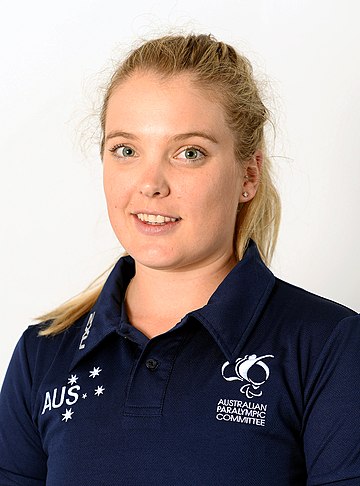
A Paralympic cyclist at the 2012 and 2016 Games, Alex Lisney discovered cycling while looking for something to incorporate variety into her rowing training. However it wasn’t long before she fell in love with both road and track cycling and decided to make it her focus. Alex won bronze in the individual pursuit on the track, while also completing her degree in mechanical engineering at UNSW. Reflecting on that time, Alex is extremely proud of her achievements.
“The Paralympics is a remarkable sports movement and something that is growing around the world both in regards to recognition and involvement,” she said. “To play a role at both London and Rio through representing Australia is a privilege. The ability to take part in the Paralympic Games saw me accept myself and my disability, something prior to finding an elite Paralympic sport I struggled to accept. I have since retired from competitive sport but love that my twenties were spent doing something unique and powerful by representing disability sport at an elite level.”
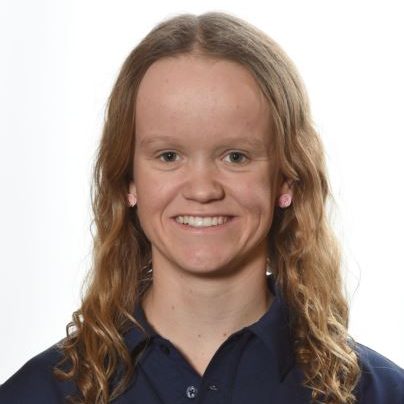
Born with achondroplasia, a form of dwarfism that affects her limbs, Kate began swimming as a child when her paediatrician recommended it as a good way for her to exercise. She quickly excelled and was invited to an AIS camp for talented swimmers looking towards the Rio Paralympics. At the Rio 2016 Paralympic Games, Kate competed in five events including the 50m freestyle, 100m freestyle, 100m breaststroke and 200m individual medley, and made the final of the 100m breaststroke. She is currently completing her degree in vision science and clinical optometry at UNSW.
"I think my main goal is that no matter your circumstances, if you work hard you can achieve,” she said. “I was only swimming in a local 25 metre pool, I didn't train at a massive club, I didn't have my own physio or a gym program. I was a local kid, just swimming. You can achieve your goals just by doing that.”
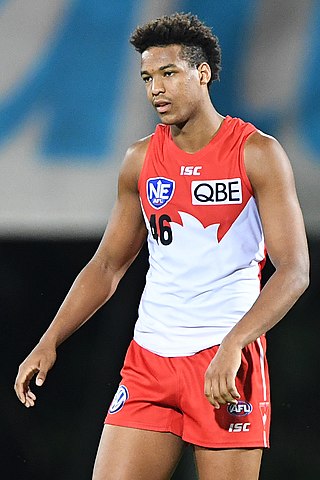
While many AFL footballers spend their childhood kicking around a Sherrin, Joel Amartey came to the sport quite late after spending his younger years playing basketball and soccer. In his late teens he found his love of AFL and hasn’t looked back since, being drafted by the Sydney Swans for the 2018 season and making his AFL debut in 2020 after a tough run of injuries. Joel is in his first year at UNSW, studying a Bachelor of Commerce, along with fellow Swans Will Hayward and James Rowbottom. Joel quit soccer for basketball as a child after racial taunts tainted the sport for him. Coming from a Ghanaian-Australian background, he faced racial abuse throughout his childhood, but hopes he can follow in the footsteps of teammate Aliir Aliir and become a role model in the African-Australian community.
"Obviously some scenarios come up where you get teased for being different," he said. "I didn't really know how to handle it when I was a bit younger. It hasn't happened to me for a few years now, but I guess you’re always prepared for when it happens again."
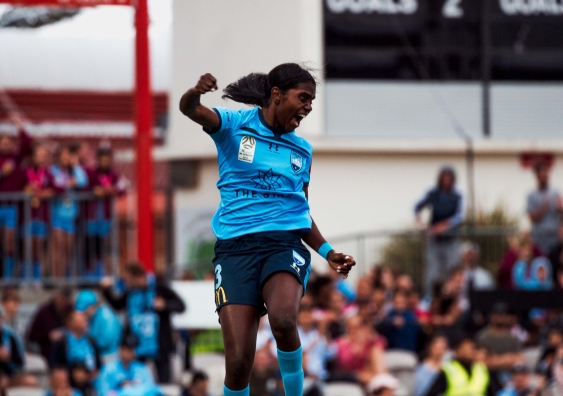
A proud Marra woman, Shay Evans moved away from her family at a young age to pursue an opportunity at Westfields Sports High School in Sydney, from where she joined Sydney FC in the W-League. While football has been at the front of her mind for many years, she also worked hard off the field, gaining the opportunity to join the Indigenous Preparatory Program at UNSW, where she is now in her first year of a Social Work degree.
"I made a lot of sacrifices, moving away from home as a young teenager, at the age of 13 moving away to Sydney by myself, I’ve sacrificed a lot," she said. "I had to move away from my family and my home town...I had to sacrifice many things, but I’m glad I made the move, it was for the best. And being given the opportunity to move out of my home town and experience new things, it means one day I can come home and give back to my community."